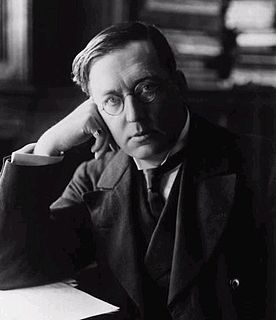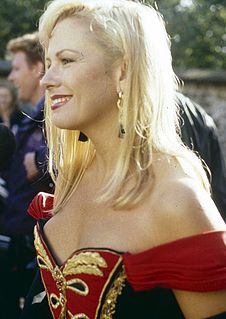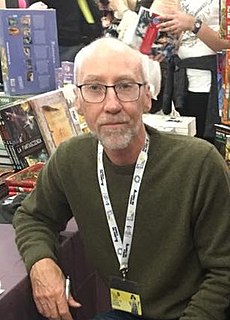A Quote by William E. Gladstone
It is not a life at all. It is a reticence, in three volumes.
Related Quotes
The problem with the alphabet is that it bears no relation to anything at all, and when words are arranged alphabetically they are uselessly separated. In the OED, for example, aardvarks are 19 volumes away from the zoo, yachts are 18 volumes from the beach, and wine is 17 volumes from the nearest corkscrew.
If I had a story idea that I felt would work best in three volumes I might write a trilogy eventually. I'd very likely write it all at once, though, so I could work on it as a whole and not broken into individual volumes. I don't always write in order, so composing multi-book stories could get complicated.
In my dreams is a country where the State is the Church and the Church the people: three in one and one in three. It is a commonwealth in which work is play and play is life: three in one and one in three. It is a temple in which the priest is the worshiper and the worshiper the worshipped: three in one and one in three. It is a godhead in which all life is human and all humanity divine: three in one and one in three.
Regarding R. H. Blyth: The first book in English based on the saijiki is R. H. Blyth's Haiku, published in four volumes from 1949 to 1952. After the first, background volume, the remaining three consist of a collection of Japanese haiku with translations, all organized by season, and within the seasons by traditional categories and about three hundred seasonal topics.
Golden volumes! richest treasures,
Objects of delicious pleasures!
You my eyes rejoicing please,
You my hand in rapture seize!
Brilliant wits and musing sages,
Lights who beam'd through many ages!
Left to your conscious leaves their story,
And dared to trust you with their glory;
And now their hope of fame achiev'd,
Dear volumes! you have not deceived!








































